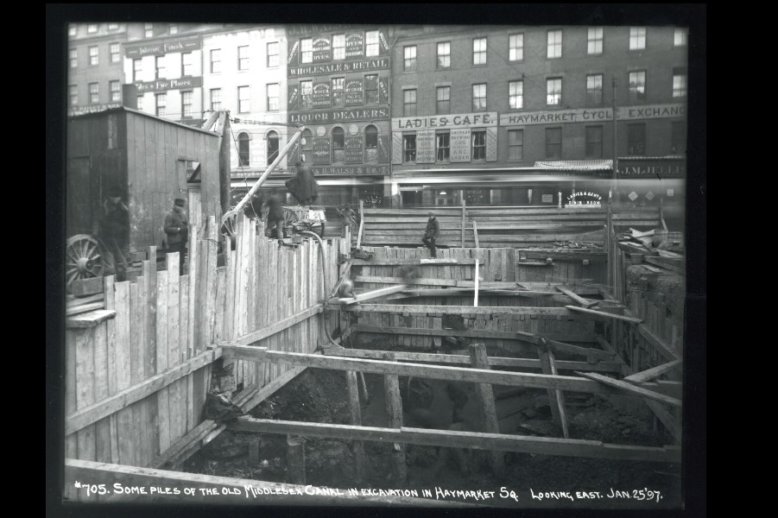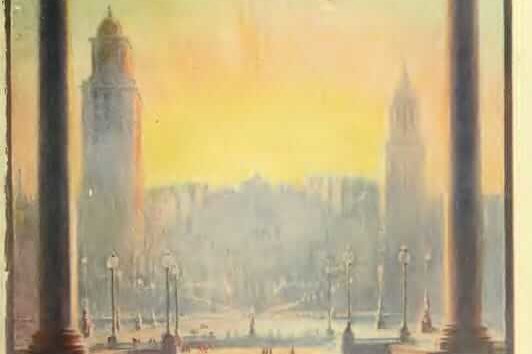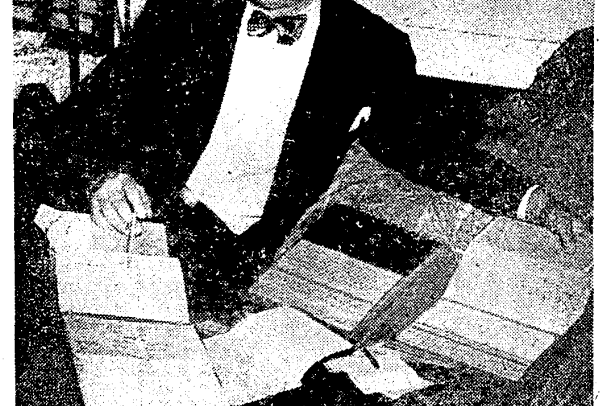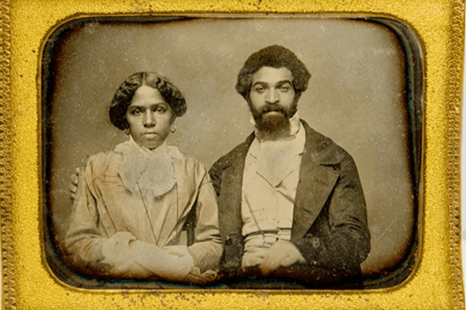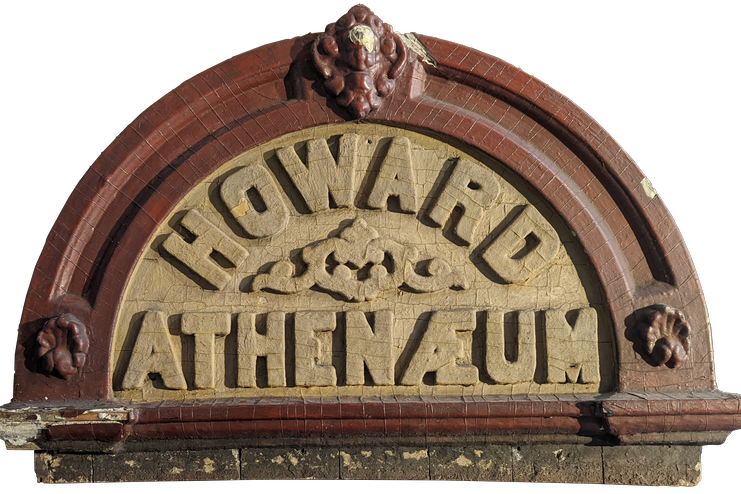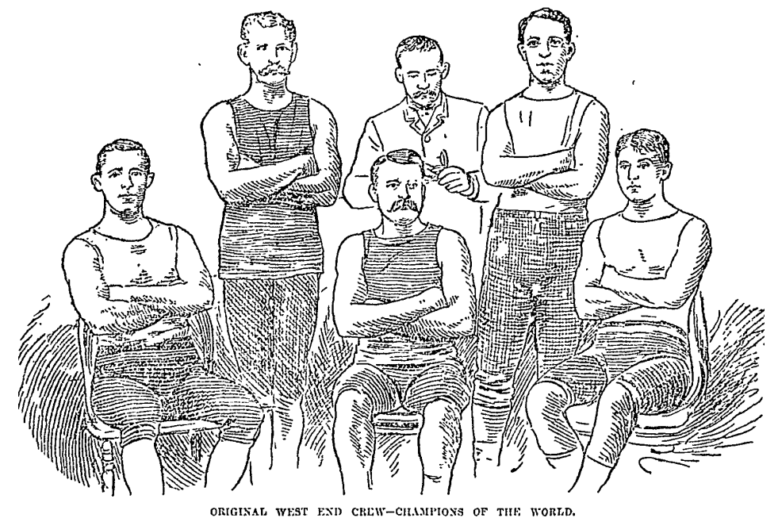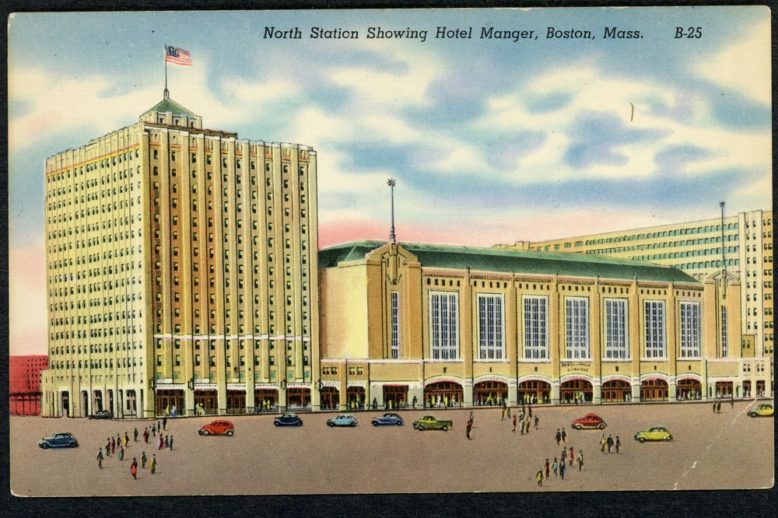Topic: Business
Businesses, corporations, executives, those commonly identified with a business
Two hundred years before construction began on the Ted Williams tunnel, businessmen in post-revolution Boston sought to improve upon dirt and gravel paths used to bring inland goods to the growing port city. The result not only helped New England become an economic driver in the early 19th century, but acted as a blueprint for future engineering endeavors in the young United States of America.
The Boston-1915 Committee was formed in 1909 to improve conditions in Boston and to make it “the finest city in the world” by 1915. For many West Enders, Boston-1915 represented the promise of a brighter future, but none of them could have foreseen that some of the movement’s ideas would inspire city leaders to demolish the West End half a century later.
Leo H. Stone of the West End founded the “Pin Money Club” after the similarly designed “Pyramid clubs” grew rapidly throughout New England in 1949. Whereas pyramid clubs were “get rich quick” schemes vulnerable to racketeering, Stone’s Pin Money Club was based on smaller payouts and legally legitimate practices.
Raymond Reddick, a lifelong Boston resident who is now 74 years old, has spent decades collecting, documenting, and speaking to different audiences about his extensive African-American family history with deep ties to the historic West End.
Between 1845 and 1961, the Howard Anthenaeum served as a center of performances for a wide variery of clientele. Beginning its life as an upper-class theater, it became a legendary venue for minstrel shows and burlesque until it was demolished as part of the Government Center urban renewal project.
James Butler (1845-1921) was a famous rower who lived most of his life in the West End after his family came to the US from Ireland. He was instrumental in founding the West End Boat Club on the Charles River in 1865, and won many races with his brother, Thomas Butler.
The story of the fabled Boston Garden is nearly as winding as the 10 tracks that snake from beneath its modern-day successor on Causeway Street. The intersection of frontier entrepreneurship and New England business interests, the arena came to represent the crosswinds of the rapidly changing American public and the economic forces that shaped it during the Roaring Twenties.
The Lancaster Street Garage, located in the West End, was the “business office” of James “Whitey” Bulger and the Winter Hill Gang in 1979 and 1980, until they learned that State Police bugged the building.


